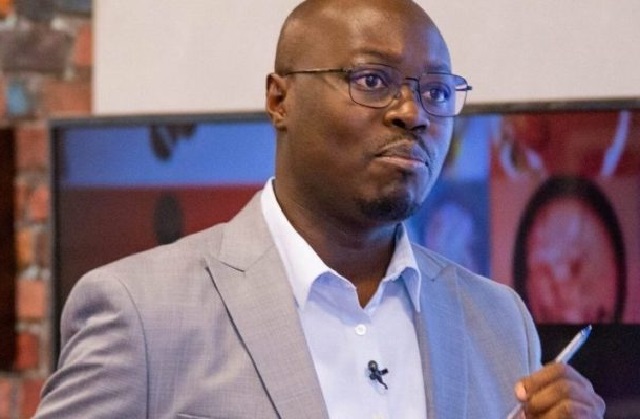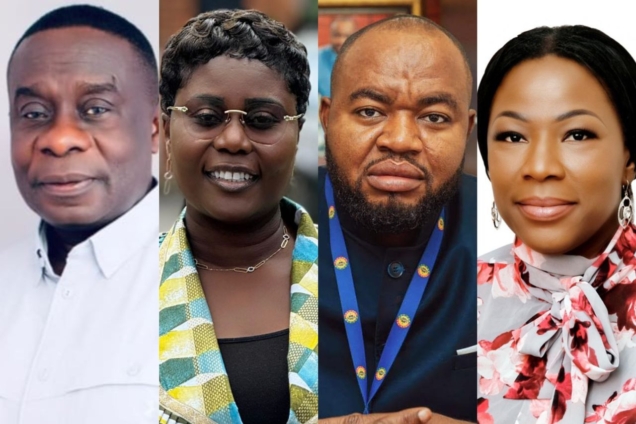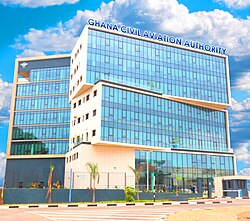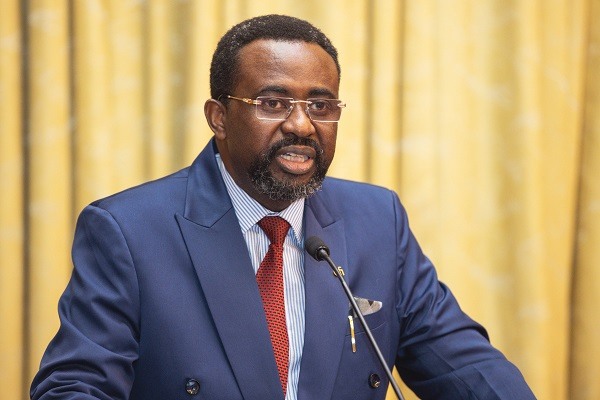Finance Minister, Dr. Cassiel Ato Forson, has exposed what he described as the “Gold-for-Oil” program under the previous administration as nothing more than a cash-for-oil transaction. Speaking on JoyNews' PM Express, Forson sharply dismissed claims that gold was used directly in exchange for crude oil, calling the initiative a “pure trade” rather than the barter system previously touted by the government.
“The policy didn’t work as expected,” Forson asserted. “The Bank of Ghana (BoG) was primarily paying oil suppliers in cash, not with gold.” His comments contradict repeated public assurances from the previous government that gold was directly exchanged for petroleum products to alleviate pressure on the country’s foreign exchange reserves.
Forson’s claims provide a new narrative on the much-publicized program, which was launched to stabilize the Ghanaian cedi by using the country’s gold reserves to procure oil. The minister explained that while BoG increased its gold reserves during the program, it never engaged in direct gold-for-oil transactions. “They were keeping the gold, but it was for reserves, not as a payment method for oil,” Forson clarified.
Despite the previous administration’s assertions that gold was being used to secure oil, Forson detailed how the arrangement actually operated: “Someone in the Emirates was supplying crude oil to the Chamber Bulk Oil Distribution (CBOD). CBOD paid in cedi to the BoG, which then settled the payment in dollars to the suppliers.”
Dr.Forson, who served as the deputy finance minister under the previous administration, emphasized the distinction between the BoG’s gold reserve accumulation program and the gold-for-oil initiative. While the central bank bought and stored gold as part of a broader strategy to strengthen its reserves, there was no linkage to the oil procurement process.
The finance minister also pushed back against suggestions that the gold purchases could have indirectly alleviated foreign exchange pressures. “There was no direct barter. I’m telling you for a fact, there was no barter,” he reiterated.
The finance minister’s comments came just hours after he presented the government’s 2025 Mid-Year Fiscal Policy Review to Parliament, marking a significant moment in Ghana's fiscal policy as the country grapples with ongoing economic challenges.














